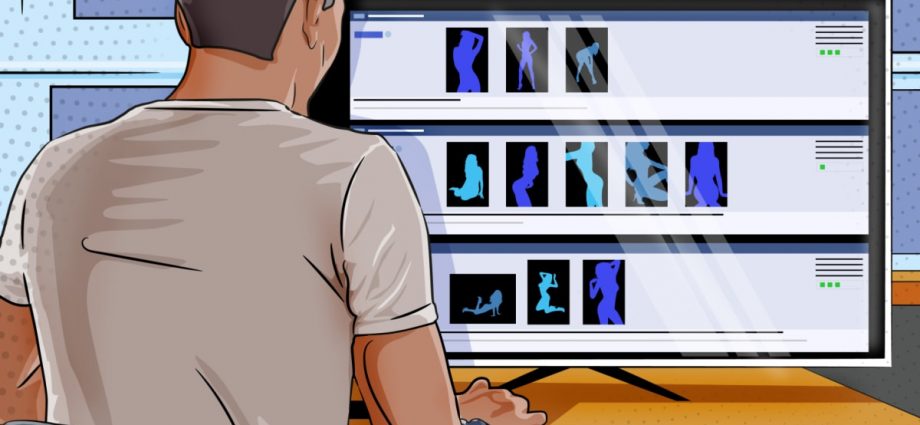
POSSIBLE PENALTIES
Those involved in creating or sharing lewd content can be in breach of Singapore’s laws.
Those who advertise commercial sex services on Sammyboy or earn money from sex work run the risk of flouting the Women’s Charter, which criminalises using a remote communication service to offer or facilitate sexual services in return for payment or a reward.
Other offences under the Women’s Charter include living on the earnings of prostitution and procuring women for prostitution.
In one case, a 38-year-old Singaporean pimp who advertised Thai sex workers’ services on Sammyboy and managed three brothels, among other offences, was prosecuted in 2019. He was nabbed in police raids the year before.
Lee Si Hong, who managed the main business operation line of a syndicate, made profits of roughly S$43,800 over about two years.
Meanwhile, due to amendments in the Penal Code that took effect in January 2020, voyeurism and related crimes have been specific offences since then. This includes possessing, gaining access to, distributing or threatening to distribute intimate images or recordings.
More commonly, those who share video recordings can be convicted under the Films Act of an offence of distributing obscene films. This attracts a maximum two-year jail term, a fine of up to S$80,000 or both punishments.
Those who share photographs on websites like Sammyboy can be convicted of distributing obscene publications.
Alternatively, they can be convicted under the Penal Code of transmitting obscene material by electronic means.
This was the case for a married man, then 41, who was jailed and fined in 2020 for planting pinhole cameras in his home to secretly record his wife, sister-in-law, fellow church members, mentor and family friends showering.
He used screenshots from the video footage to supplement a sexual fantasy story he was penning on Sammyboy.
He frequented the forum and began posting comments as he “felt accepted” by the community, the court heard. After several years, he was arrested after one of his victim’s friends told her that her picture was on Sammyboy.
For such victims, legal recourse can go two ways — reporting it to the police, which can result in criminal prosecution, or filing a civil lawsuit.
SPF said that Internet users who come across objectionable content may make their concerns known to the website administrators. “Members of the public can lodge a police report if the content is suspected to be criminal in nature,” it added.
The civil lawsuit will involve bringing a claim for damages under the Protection from Harassment Act for causing alarm or distress.
Mr Tan said that if people find material pertaining to them on Sammyboy, whether they were recorded or taken with or without consent, they should “always report to the police at the first instance”.

